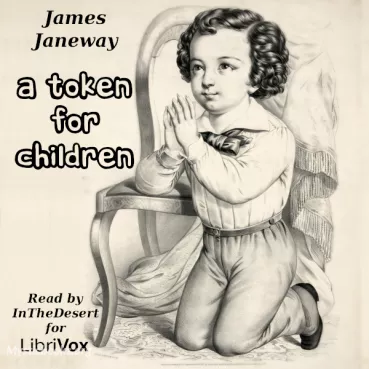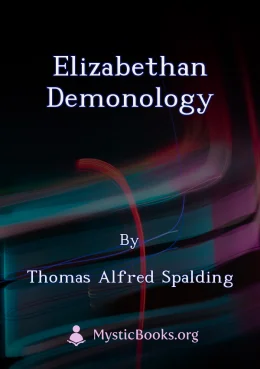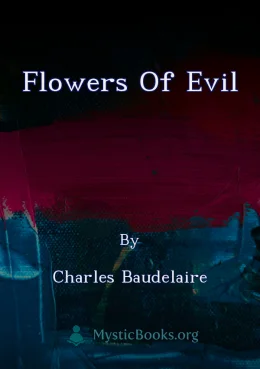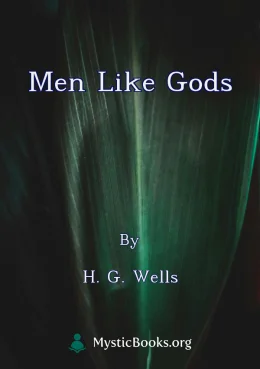
Gravenhurst, or Thoughts on Good and Evil
'Gravenhurst, or Thoughts on Good and Evil' Summary
In "Gravenhurst, or Thoughts on Good and Evil" by William Henry Smith, readers are invited to explore the complex terrain of morality and human nature. The narrative centers around the enigmatic protagonist, Gravenhurst, as he journeys through a world where the boundaries between good and evil are not clearly defined. Set against the backdrop of a diverse cast of characters, the story delves into the intricacies of human behavior and the moral dilemmas that shape our decisions.
As Gravenhurst encounters various individuals, each representing different aspects of the moral spectrum, he is confronted with the challenge of navigating the blurred lines between right and wrong. Through thought-provoking dialogues and introspective explorations, the novel raises fundamental questions about the nature of ethics and the intricate factors that influence our choices.
Smith's writing style is characterized by eloquent prose and philosophical contemplations. The narrative delves into the depths of the human psyche, pushing readers to reflect on their own beliefs and values. The central conflict lies in Gravenhurst's internal struggle to define his own moral compass amidst a world where moral certainties are elusive.
"Gravenhurst, or Thoughts on Good and Evil" stands as a timeless exploration of the complexities of morality, human behavior, and the shades of gray that exist between virtue and vice. Smith's work invites readers to engage in a thought-provoking journey that challenges conventional notions of right and wrong, leaving them with a deeper understanding of the intricacies of the human condition.
Book Details
Language
EnglishOriginal Language
EnglishPublished In
1862Genre/Category
Tags/Keywords
Download eBooks
Listen/Download Audiobook
- Select Speed
Related books

A Token For Children by James Janeway
The Christian book written in the 17th century. This book is specifically intended for children, and it contains the moral lessons that are designed t...

Eleven Theses on Feuerbach by Karl Marx
The “Theses on Feuerbach” are eleven short philosophical notes written by Karl Marx in 1845. They outline a critique of the ideas of Marx’s fellow You...

Fábulas, volume 2 by Aesop
As Fábulas de Esopo são uma coleção de histórias curtas atribuídas ao lendário escritor grego Esopo. Estas fábulas têm sido usadas durante séculos par...

Elizabethan Demonology by Thomas Alfred Spalding
This book, "Elizabethan Demonology", delves into the prevalent beliefs about devils and their powers during the Elizabethan period, specifically focus...

Leviathan (Books I and II) by Thomas Hobbes
Leviathan, or The Matter, Forme and Power of a Common Wealth Ecclesiasticall and Civil, commonly called Leviathan, is a book written in 1651 by Thomas...

Sonnets by Christina Rossetti
This collection of sonnets by Christina Rossetti delves into profound themes of love, life, and death, exploring the human condition with introspectio...

Second Thoughts Of An Idle Fellow by Jerome K. Jerome
A collection of humorous essays by Jerome K. Jerome, following the success of his previous work, "Idle Thoughts of an Idle Fellow." These essays cover...

Flowers of Evil by Charles Baudelaire
'Les Fleurs du mal' by Charles Baudelaire is a collection of poems that explore themes of decadence and eroticism. The poems are characterized by thei...

Not Under The Law by Grace Livingston Hill
It is a captivating and inspiring book that takes readers on a journey of faith, love, and personal growth. This timeless work explores the themes of...

Men Like Gods by H. G. Wells
In H.G. Wells's *Men Like Gods*, a journalist named Mr. Barnstaple finds himself unexpectedly transported 3,000 years into the future. He arrives in a...
Reviews for Gravenhurst, or Thoughts on Good and Evil
No reviews posted or approved, yet...